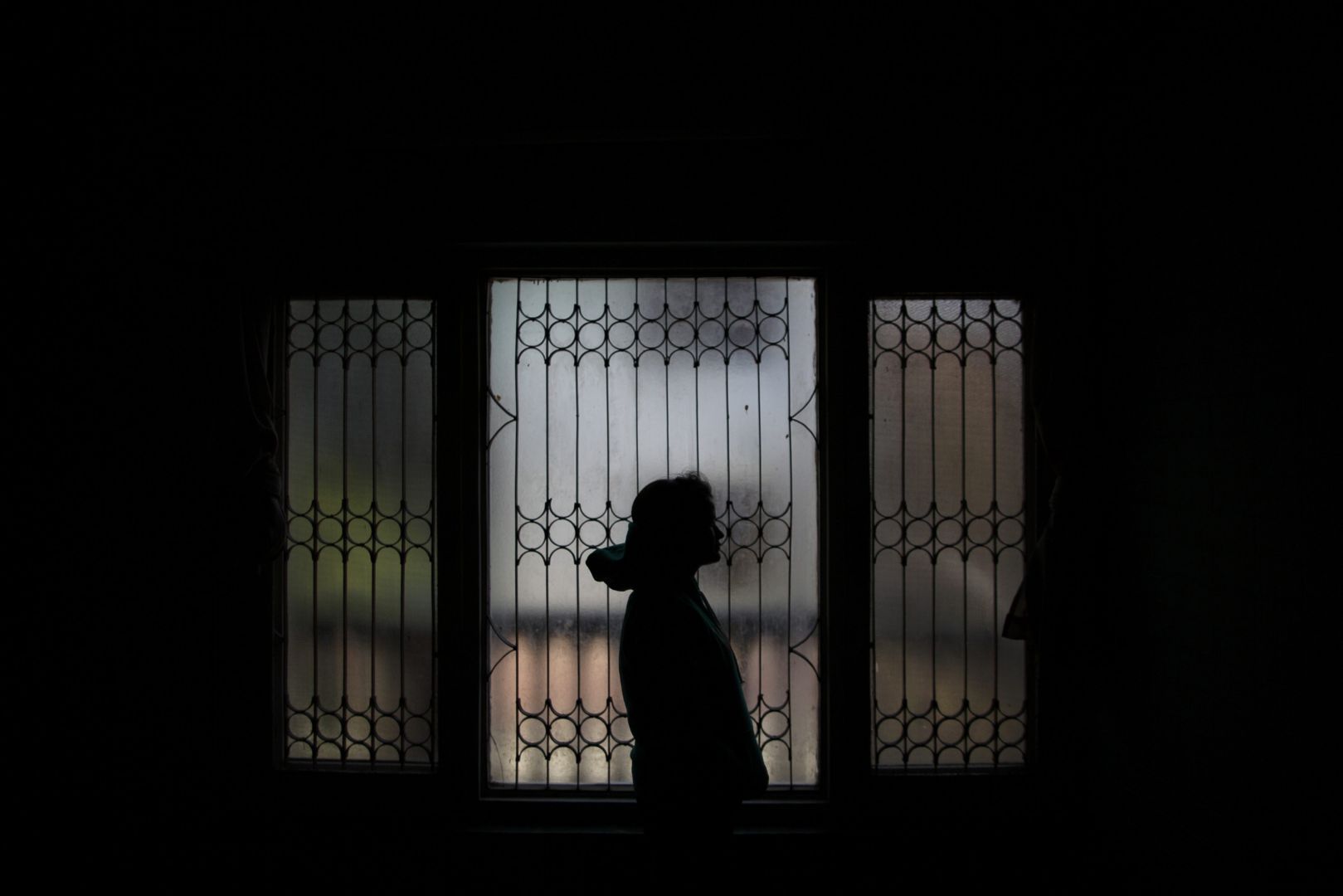KATHMANDU (Thomson Reuters Foundation) – When Pooja Bohara heard that the two men who had dragged her into a toilet and raped her had been released from prison nine months ago, the Nepali teenager went into shock.
The men, who had been convicted and sentenced to 13 years imprisonment in March 2013, were acquitted by an appeals court last April due to a lack of evidence.
But despite being blamed and stigmatised by some in her community in western Nepal after reporting the rape, and forced to seek refuge in the capital, the 17-year-old says she is not giving up her fight for justice.
“Society and some family members blame me. My uncle even suggested that I should be placed in a heap of straw and burnt to death, but my father was for justice,” said Bohara, sitting in a rehabilitation centre in Kathmandu.
“It is not our fault that we are raped. Victims should come out and tell their story to the courts and seek justice.”
Growing awareness in Nepal of crimes against women has helped an increasing number of victims like Bohara to challenge a culture that often blames or shuns them into silence, say police and activists.
Reports of violence against women – including rape, domestic violence and molestation – soared to 7,847 for the year ending mid-July 2014, from 2,477 a year earlier, according to police figures.
“Women are now more aware of their rights than before and are courageously coming out and reporting crimes against them, including sexual violence, to police,” said Mingmar Lama, chief of a police unit that monitors violence against women.
TAX WAIVERS, WOMEN-ONLY BUSES
Wedged between China and India, Nepal is increasingly recognising the rights of women and other groups that suffer discrimination
Greater media attention on crimes against women, protests by civil society groups, women-friendly government policies and even political campaigns to rally the female vote have helped embolden women, say activists.
Awareness was further boosted after the massive public outcry in neighbouring India over the fatal gang rape of a young woman on a Delhi bus. The case hit global headlines and resulted in India tightening laws related to violence against women.
In Nepal, the government has introduced female-friendly policies such as tax waivers for women buying property, while police have established special units of women officers in the country’s 75 districts to encourage women to report crimes.
Earlier this month, women-only public buses were introduced in the capital Kathmandu to curb rising reports of sexual harassment and groping on public transport.
Despite improvements and greater awareness, most women still remain unaware of their rights and do not come forward to report crimes due to fears of stigmatisation, said Menuka Thapa, head of Raksha Nepal, the charity sheltering Bohara.
“Lack of education and economic empowerment of women also force women to remain silent,” Thapa said. “In many cases, women who suffer violence from their own family members are dependent on the family, so they cannot speak up.”
ROUGH JUSTICE
Mustering the courage to come forward and report violent crimes is just the first step in a long and often painful process to get justice.
Police are often insensitive and reluctant to register and investigate complaints, and a lack of judges and courts means trials can take up to a decade to reach a conclusion, said lawyer Swagat Nepal.
“There is no system in Nepal to give protection to the witness, yet there is pressure on victims to compromise with their abusers – even though such compromises are illegal,” he said, adding that the conviction rate for crimes against women was about 3 percent.
Laws to deal with rape and violence against women were archaic, categorised as provisions of a law dating back to 1854, he said, adding that a separate rape law must be drafted.
Meanwhile, Bohara is not waiting. The teenager has appealed to the Supreme Court, which is expected to hear her case later this month.
“The incident has totally affected my life. It was a turning point in my life,” said Bohara. “I want to study law and become a judge so I can seek justice for victims like myself.”








